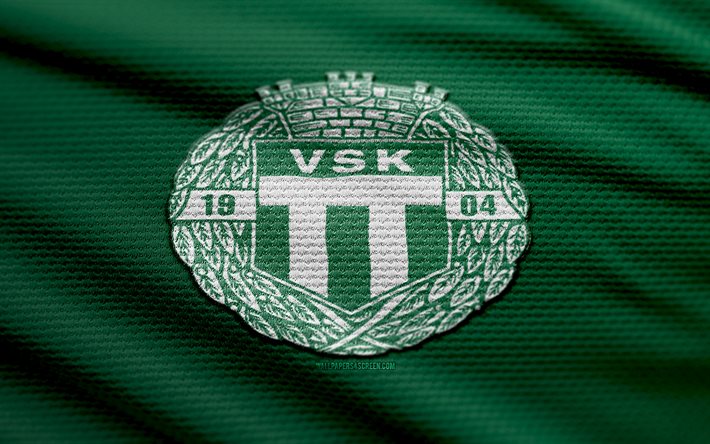
Wolverhampton Wanderers FC
However, the interwar period brought renewed hope and ambition. The establishment of the new stadium, Molineux, in 1923 provided a modern home for the club and its growing supporter base. This era also saw significant local rivalries develop, particularly with Birmingham City and West Bromwich Albion, fostering a competitive spirit that would endure for decades Bong88.
The Golden Era of Wolverhampton Wanderers FC
The post-war period represented a golden era for Wolverhampton Wanderers FC, where the club achieved unprecedented feats, including league success and European adventures. This time was critical in shaping the club’s legacy.
Domination in Domestic Competitions
The late 1950s marked a peak in domestic success for Wolves. Under the management of Stan Cullis, the team embraced an attacking style of play that thrilled fans and left opponents baffled. Wolverhampton Wanderers FC became synonymous with innovation, being one of the first clubs to use floodlights for evening matches.
Wolves clinched the First Division title three times between 1954 and 1959, highlighting their dominance in English football. The squad featured legendary players such as Billy Wright and Derek Dougan, whose contributions remain etched in the annals of club history.
European Adventures
During the 1950s and 60s, the club also ventured into European competitions, becoming one of the first English teams to compete against continental opposition. Their famous match against Honved in 1954 is often hailed as a historic moment, as Wolves triumphed over the Hungarian giants, capturing the imagination of football fans across the globe.
This period not only showcased the skills of the players but also helped elevate the profile of Wolverhampton Wanderers FC on the European stage, inspiring a generation of footballers and strengthening their resolve to compete at the highest level.
The Legacy of the Golden Era
The achievements during this golden era transcended mere trophies. They fostered a profound sense of pride and unity among supporters, embedding Wolves deeply into the cultural fabric of Wolverhampton. Fans became staunch ambassadors of the club, celebrating its milestones and sharing stories of legendary matches and iconic players.



